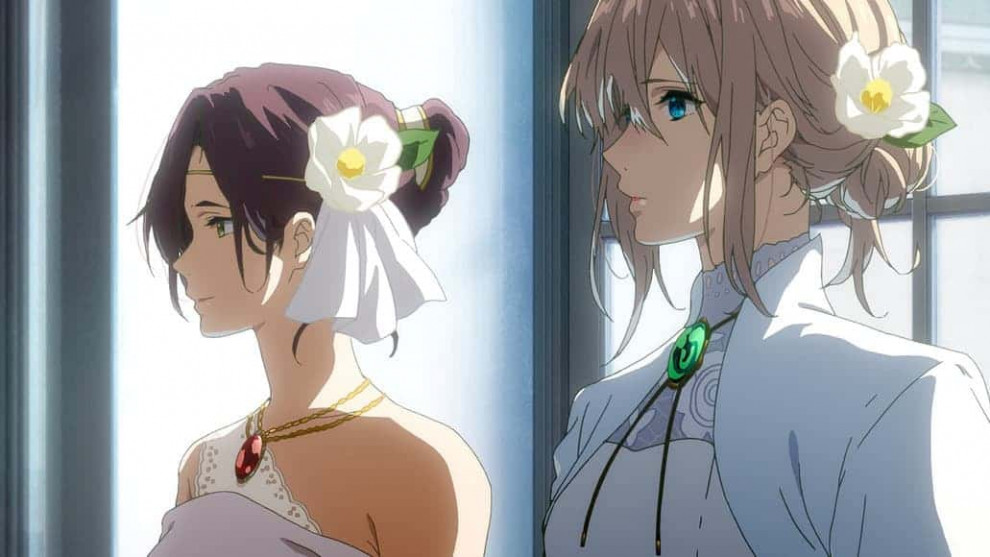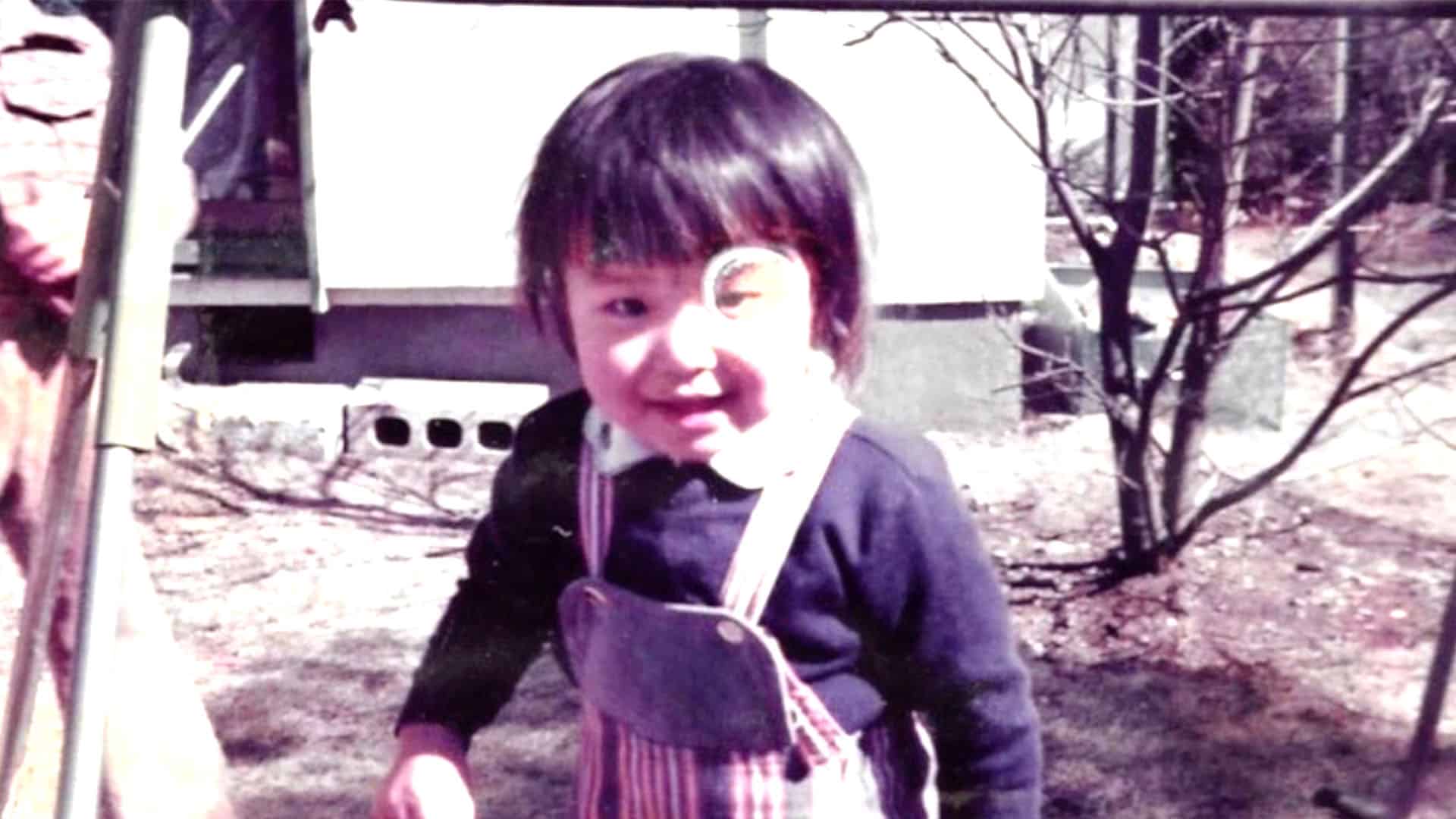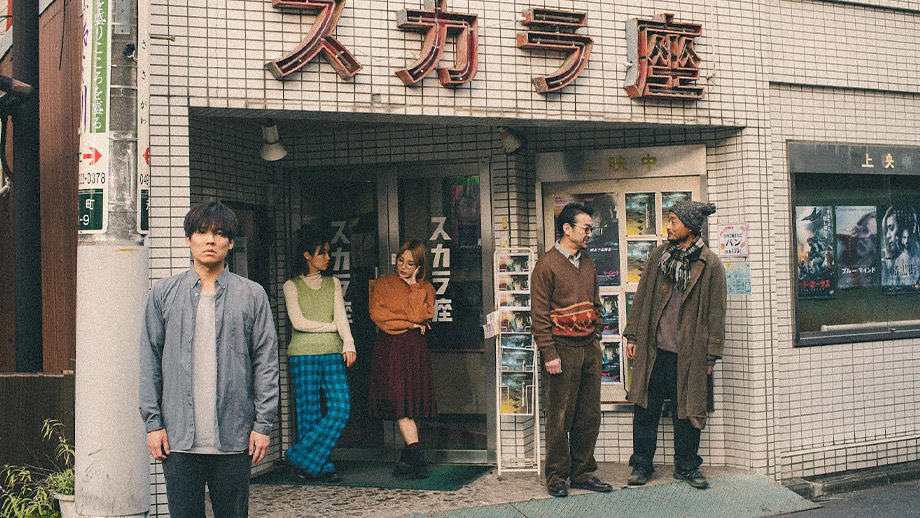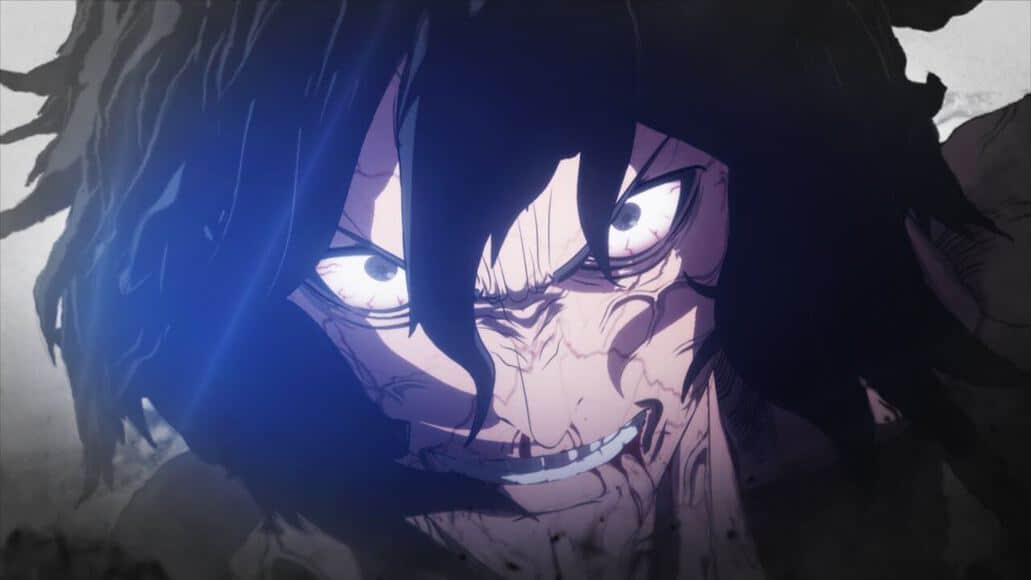Based on the highly successful series of light novels written by Kana Akatsuki and illustrated by Akiko Takase, Haruka Fujita's anime tells a side-story to the anime series which is currently screening on Netflix. In interviews, the director, who is also involved in the series, states how it was the tone of the novels along with the character of Violet Evergarden that inspired him to take on the project. Even though the character seems emotionless at some points, there are, especially when drawing her, multiple layers to be uncovered, making her a character you can “open up to”, as Fujita explains. For those unfamiliar with the series, “Violet Evergarden: Eternity and the Auto Memory Doll” does not heavily rely on any knowledge of the series or indeed the novel, as its blend of fairy tale motives, drama and period piece will draw any viewer rapidly into the world the film has to offer.
At the beginning of the story, we meet Isabella York who has been sent on an exclusive boarding school by her father to learn the ways of the world, meaning table-side manners, dancing and in general how to behave within the high society. In order to keep her company but also to supervise her progress, her father hires Violet Evergarden, who mainly works for a postal company but also writes letters for people for money. Given her impeccable attitude and manners, she is the perfect companion in the eyes of Isabella's father, but since she resents her family along with any bourgeois concepts, Isabella is anything but friendly to Violet.
However, as the two women begin talking about their past, eventually Isabella opens up about the past during the last war, when she picked up an orphaned girl from the street to provide for her. The two became like sisters and were both heartbroken when Isabella's father, after years of looking for her, finally separated them. Violet manages to convince her to write a letter to her “sister” Taylor to tell her how she feels.
As the letter finally arrives at the doorstep of the orphanage where Taylor stays, she remembers the time with Isabella. Willing to find her no matter what, she eventually escapes the orphanage, making her way to the post office where the letter was from, to become a mail delivery woman. Upon meeting Violet, who works there, she is set to do everything to finally meet her long-lost sister again.
Even though it is quite easy to focus on the narrative as being sentimental and overly sappy, Haruka Fujita also manages a story about the shift of time, about how people are brought together by technology and a change in attitude. Given its rough connection to late 1800s, a time defined by war and turmoil, but also great technological progress, “Violet Evergarden” also reflects on how these times have changed the people and their world. Perhaps the most significant example in that regard is Taylor's wish to become a mail delivery woman as a possible means to be independent and break with the kind of life set out for her by the ruling classes. The naive wish to bring “happiness” to people one letter at a time might also signify the wish to be closer to people, to enjoy an emotional bond, no matter how shallow it might be, in a time ruled by technological development.
At the same time, Fujita's movie explores, at least to some extent, issues of class and gender. Especially characters like Isabella can be seen as people who wish to act outside of this social system, whereas people like Violet seem to be a bridge between both worlds, the affluent upper-class and the working-class. Through kindness, most importantly the act of adopting a little, helpless girl, they take “revenge on the world”, as Isabelle puts it, but also show the way to a society outside of rigid laws and images of gender.
From a formal point of view, the animation in “Violet Evergarden: Eternity and the Auto-Memory Doll” is really quite beautiful, especially with regard to color and backgrounds. Given its depiction of a world of progress and change, Fujita's crew manages to capture exactly that feeling of hope towards the future.
“Violet Evergarden: Eternity and the Auto-Memory Doll” is a tale which, given its origins, will likely appeal to admirers of light entertainment. Supported by great animation and some interesting themes, director Haruka Fujita has managed to deliver a movie bout change and the desire for human connection.















